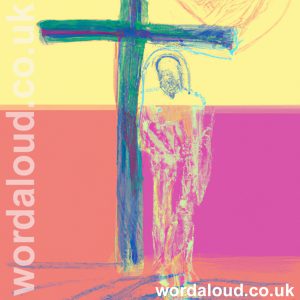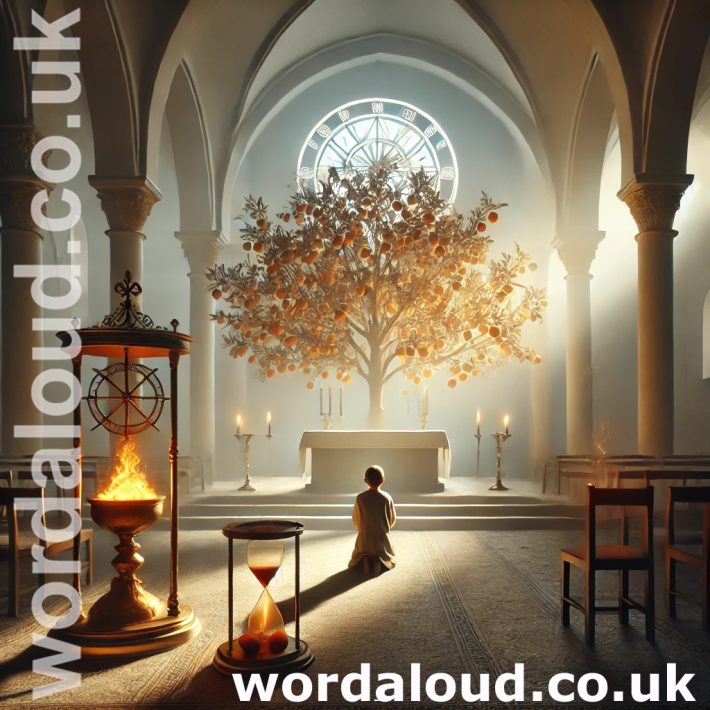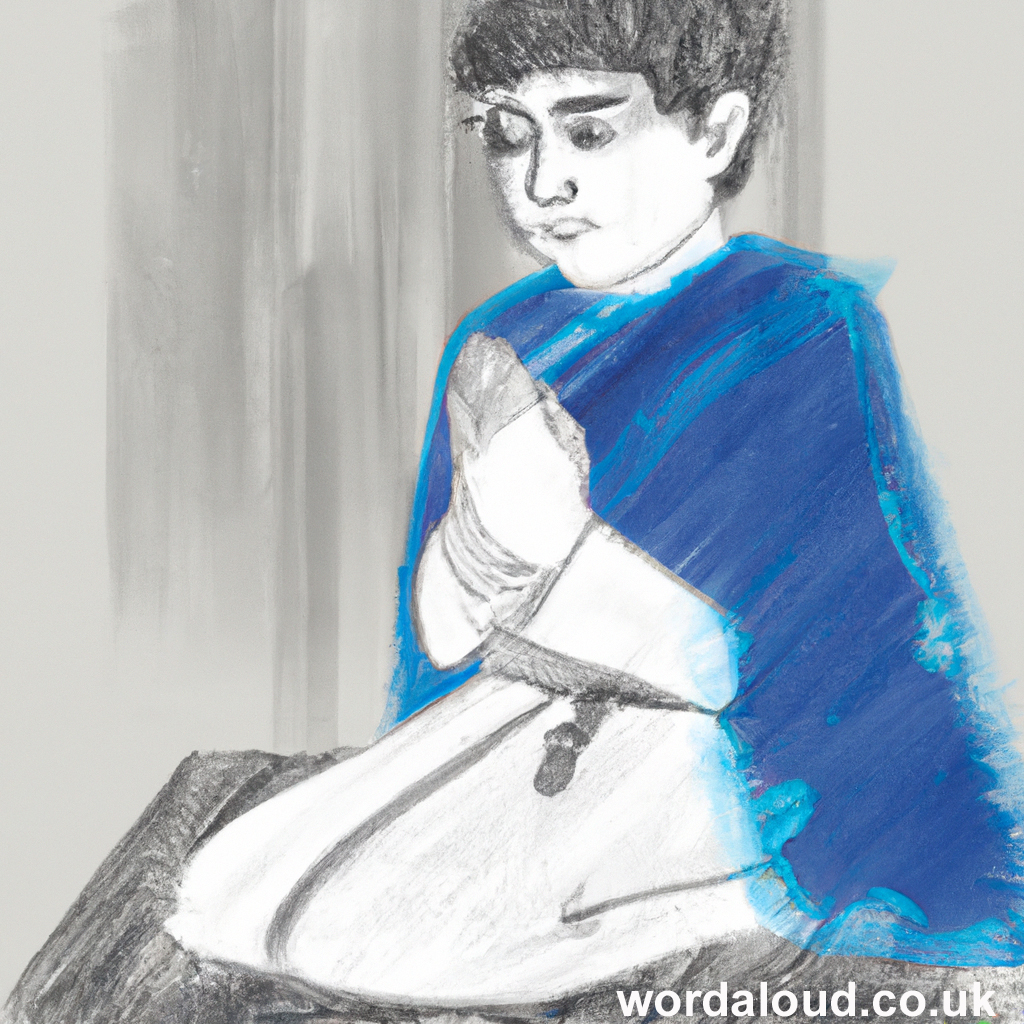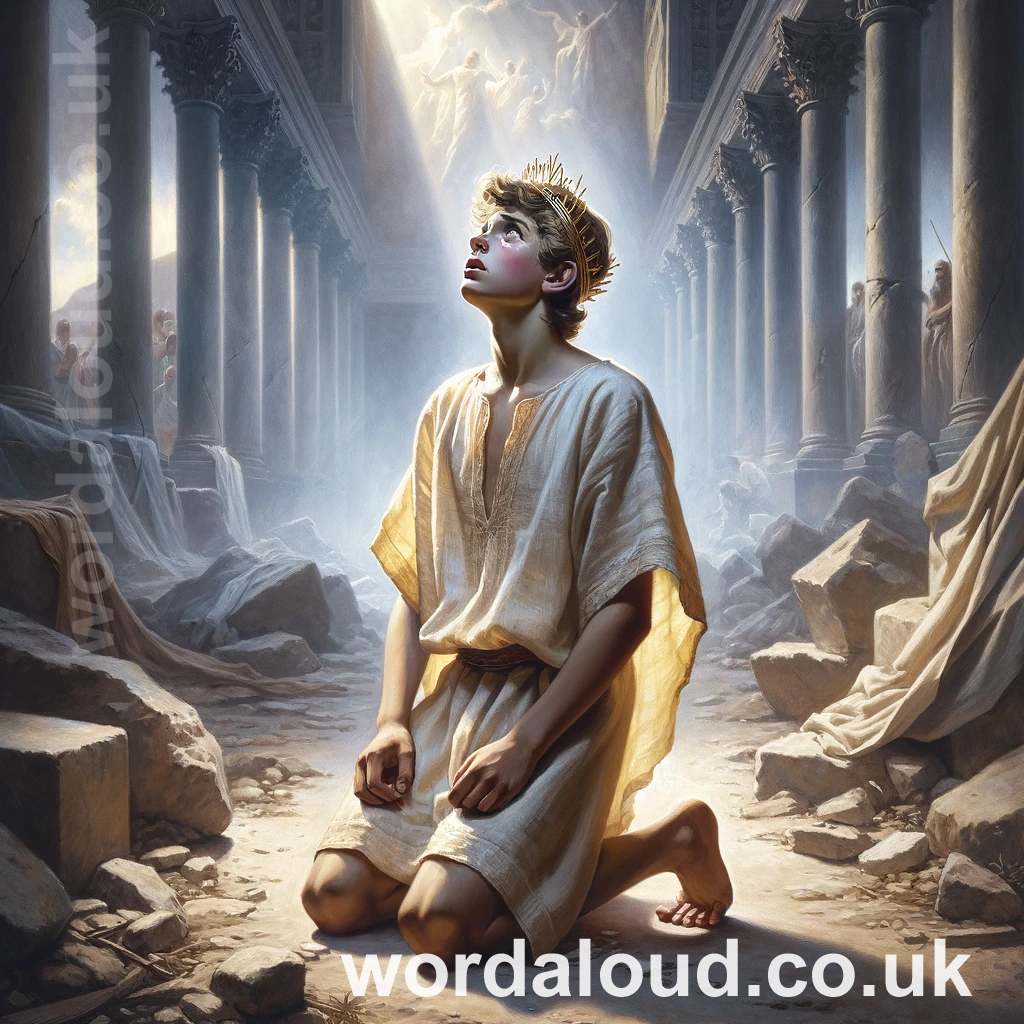Christian Art | George Herbert | The Temple | The Church | Employment (2)
George Herbert | The Temple | The Church | Employment (2)
He that is weary, let him sit.
My soul would stirre
And trade in courtesies and wit,
Quitting the furre
To cold complexions needing it.
Man is not starre, but a quick coal
Of mortall fire:
Who blows it not, nor doth control
A faint desire,
Let his own ashes choke his soul.
When th’ elements did for place contest
With him, whose will
Ordain’d the highest to be best;
The earth sat still,
And by the others is opprest.
Life is a businesse, not good cheer;
Ever in warres.
The sunne still shineth there or here,
Whereas the starres
Watch an advantage to appeare.
Oh that I were an Orenge-tree,
That busie plant!
Then should I ever laden be,
And never want
Some fruit for him that dressed me.
But we are still too young or old;
The man is gone,
Before we do our wares unfold:
So we freeze on,
Untill the grave increase our cold
![]()

George Herbert | The Temple | The Church | Avarice
The poem explores the transitory nature of human life and its obligations within the framework of divine order. The poem contrasts rest and action, reflecting on a tension between weariness and demands of purposeful living. The opening line of the poem establishes a choice: to rest or to engage. The speaker’s – Herbert’s soul rejects passivity and expresses a desire to act, reflecting a concern with spiritual stagnation.
Herbert describes man as a ‘quick coal / Of mortall fire’, emphasizing human fragility and dependence on external effort for vitality. The coal, unlike the eternal star, requires tending and will extinguish if neglected. This image suggests that the soul’s vibrancy depends on deliberate cultivation.
Reference to the elements contesting for place situates man in a hierarchy of creation. Earth, though motionless, bears the weight of others. This depiction underscores man’s connection to physicality and the tension between worldly concerns and higher purposes.
The poem positions life as work rather than leisure. The sun, constant and unchanging, symbolizes grace, while stars, less steady, represent fleeting opportunities. This contrast highlights ever-present availability of divine guidance, which is often overlooked in favour of temporary pursuits.
The orange tree is metaphor for productivity and alignment with purpose. Its consistent fruitfulness contrasts with human inconsistency and delays caused by youth and age. The tree’s image conveys a longing for constancy and readiness in service.
Closing lines of the poem reflect on mortality. The grave’s ‘cold’ reinforces the idea of missed opportunities and consequences of spiritual inertia. The poem urges active engagement with life’s purpose, emphasizing importance of living in accordance with divine intention before time runs out.








